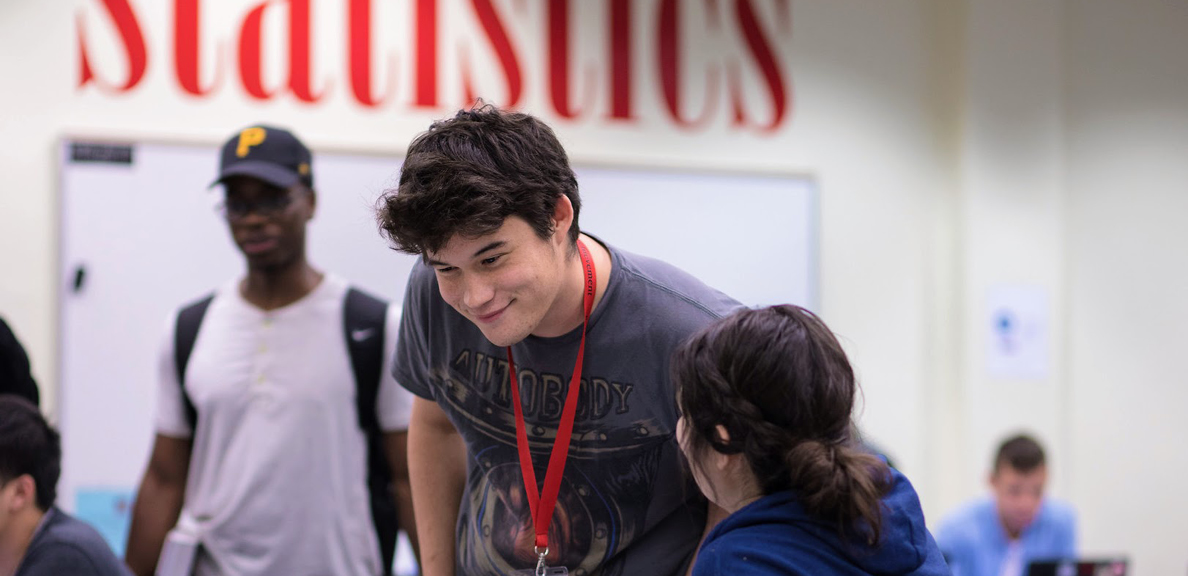
Statistics
STAT 315 - Exploring and Analyzing Data
Understand the foundations of data science from three perspectives: inferential thinking, computational thinking, and real-world relevance. An introduction to statistical programming and statistical inference with hands-on analysis of real-world datasets.
STAT 321 - Probability Through Simulation
Learn introductory probability using simulation methods. Topics include the estimation and accuracy of probabilities using repeated sampling and simulating conditional probabilities using conditional programming techniques.
STAT 330 - Statistical Inference
Covers random variables, sampling distributions, confidence intervals, and conditional probability. Topics include t-tests, correlation, regression, chi-squared and ANOVA.
STAT 331 - Introduction to Analysis of Variance
Analysis of variance with emphasis on design and analysis of experiments. Uses data from social sciences, science, and business. Other topics include factorial designs, random effects, and nesting.
STAT 451 - Introduction to Data Visualization
Studies data visualization and interactive data exploration. Topics include importing, exporting and data merging, graphs and charts, interactive maps, and meaningful visual representations of complex statistics.
STAT 481 - Bayesian Statistics
Explores concepts and computation with real data applications. Topics include Bayes’ theorem, distributions, and hierarchical models. Computational strategies such as MCMC, model diagnostics and selection are discussed.